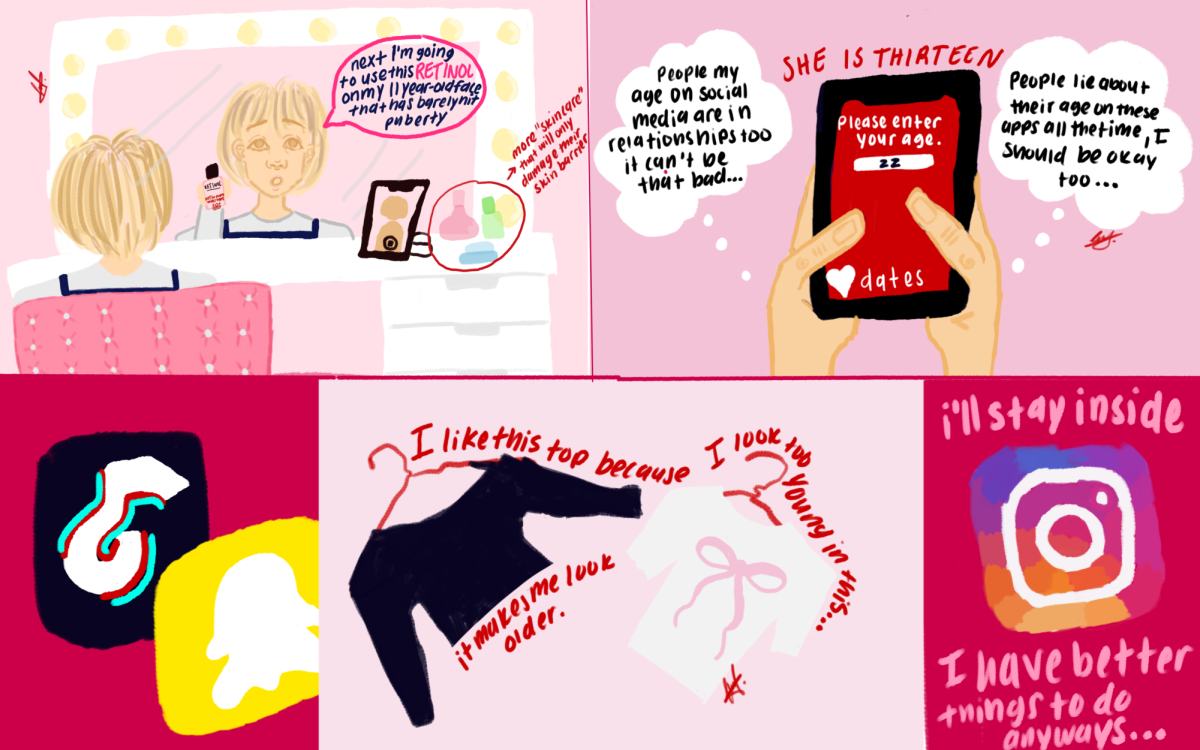
In sixth grade, every student in Broward County receives vision, hearing, BMI, and scoliosis screenings. These coincide with screenings in every academic subject area to gauge the ability to read, interpret information and do mathematical operations. There is one field, though, that is entirely neglected by the school system: mental health. In order to better treat the mental illness epidemic among today’s youth, schools should institute universal mental health screenings.
Mental illness is incredibly common in students. According to the National Alliance on Mental Illness, 17% of youth aged 6-17 experience a mental health disorder. Half of all lifetime mental health conditions appear by age 14. These numbers far outpace other issues schools screen for, like scoliosis (an issue in 3-5% of children). However, if untreated, mental illnesses like depression can become deadly. Suicide is the second leading cause of death among people aged 10-34.
Treatment helps. Catching mental health issues early can prevent them from taking a more serious toll on students down the line. Access to counseling from a young age prevents the formation of unhealthy habits and coping mechanisms in mentally ill people. If mental health issues stay hidden, students aren’t able to get the treatment they need. Ongoing in-school counseling can be helpful as a student experiences new challenges.
If necessary, identification of a mental health condition can lead to the formation of an Individualized Education Plan (IEP), which is referred to as a 504 Plan when treating mental health conditions. These plans help students get the accommodations they need in order to succeed in the classroom. Students with conditions like Attention-Deficit/Hyperactivity Disorder (ADHD), for example, may receive extra time on tests and assignments in order to have a fair opportunity to show their mastery of the material.
In-school, private screenings have an advantage over the typical screenings at doctors’ offices due to their confidentiality. Students often go to their primary care physicians alongside a parent. With a parent present, kids feel pressured not to show signs of mental illness so they will not get in “trouble.” At school, a student would not experience this pressure to save face and could answer more honestly.
Mental health screenings would be best delivered as private surveys, followed up by discussions with a trained in-school mental health professional. This would allow for confidentiality and comfort on the part of the student.
Stigma far too often prevents students from seeking out the mental health help that they need. The Mental Health Foundation reports that nearly nine out of ten people with mental health issues say stigma and discrimination affect their lives. If screenings were mandatory, students would not need to take the step to seek out help on their own, making mental health treatment more accessible to everyone. Increased acknowledgment of mental health struggles in schools would reduce the shame for students who experience mental illness.
All students, regardless of whether or not they are mentally ill, deserve an equal opportunity for an education that addresses their needs. Mandatory mental health screenings would catch mental illness earlier and allow students to receive the treatment they need in order to succeed in the classroom and in life.










